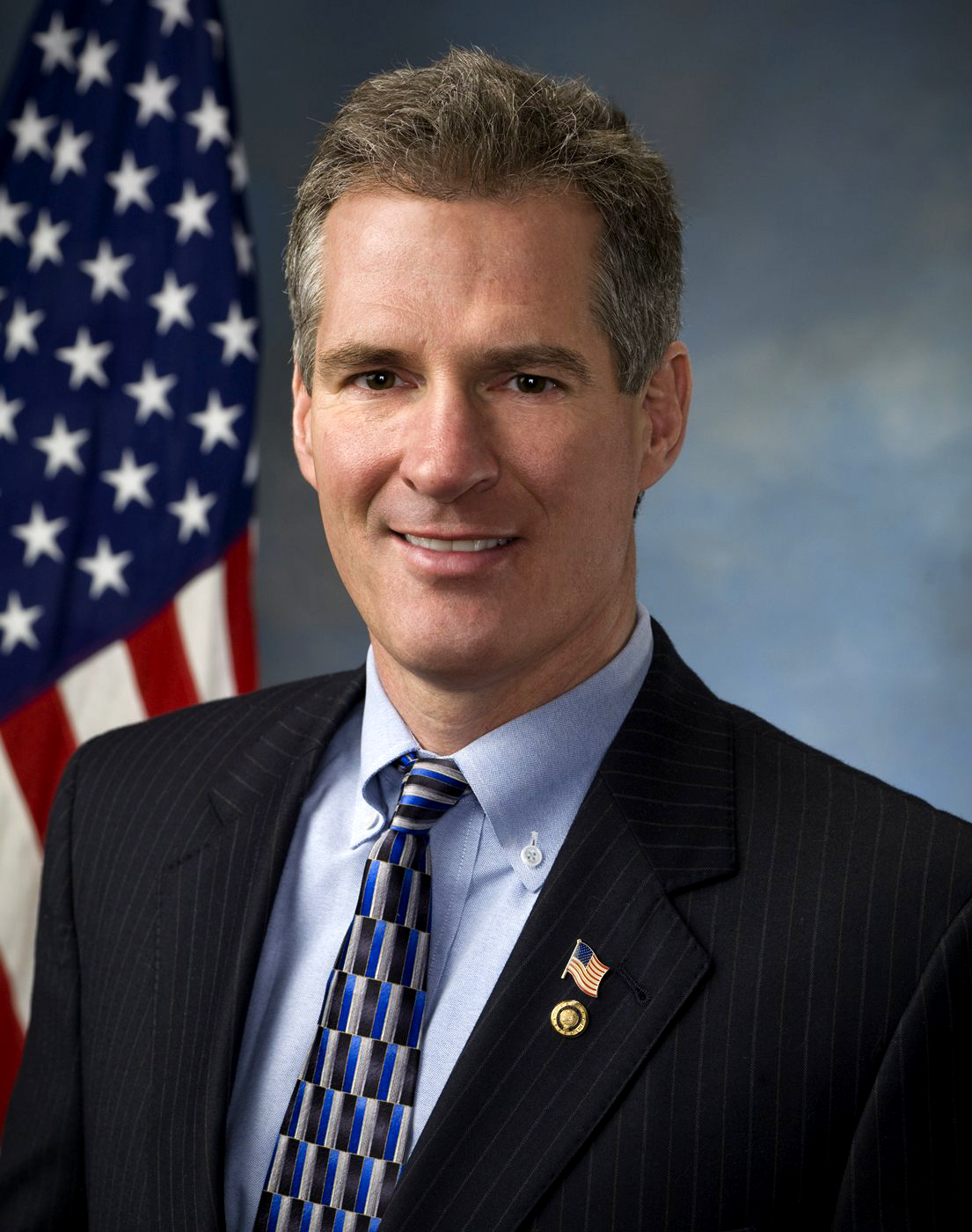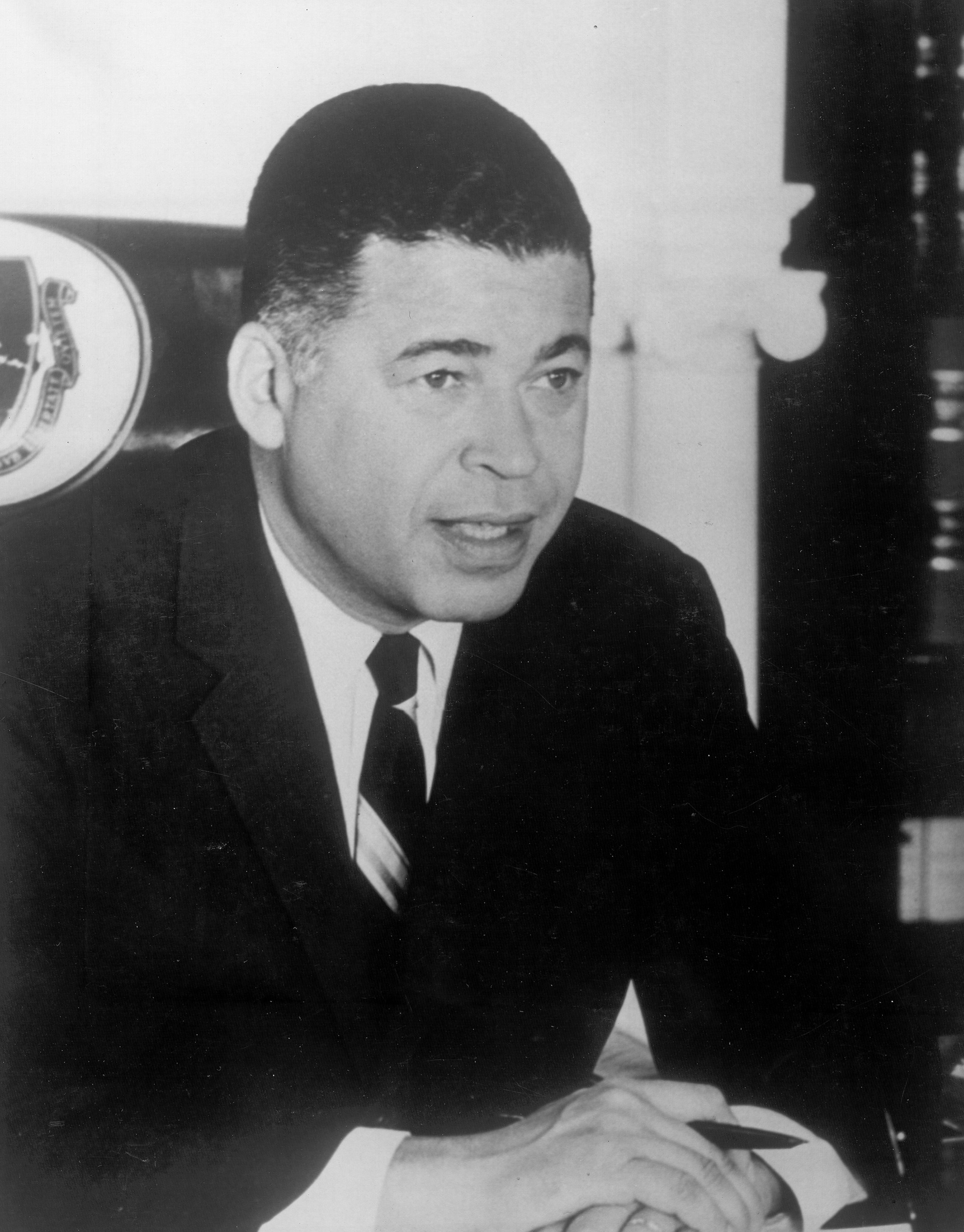This week, Massachusetts Republican Senator, Scott Brown, announced that he would vote to end debate (filibuster) of the sweeping financial reform bill now awaiting Senate passage. With the support of Maine's Republican Senators Olympia Snowe and Susan Collins, the Democratic Senate leadership has the votes it needs to formally pass the bill.
The House had already passed the bill, but last minute additions to what is also known as the Dodd-Frank Bill (for the Connecticut senator and Massachusetts representative), almost brought Brown's opposition. The Conference Committee took the rare step to reopen the report and delete the additions, not included in the original Senate bill (for which Brown also voted). With death of Senator Robert Byrd of West Virginia, Democrats hold 58 seats. Russ Feingold, Democrat of Wisconsin, remains opposed to the bill on the grounds that it fails to go far enough. However, with the Senators from Maine and the Senate's newest member's support, Democrats have the 60 vote majority to advance the legislation.
The New York Times lamented today how this piece of legislation will "limp" to enactment when it should have passed with the unanimity that a one line resolution declaring "America Rocks!" could capture. Indeed, the legislation's descent from bipartisan harmony to divided acrimony reflects the collapse of the civility in the American conversation and, yes, the opportunism of the Republican party. Having already sustained a political coup, if a legislative setback, in the form of health care, Republicans have sought to capitalize on Democrats inability to govern (despite doing, what they admonished Dems of doing during their reign on Capital Hill and at 1600 Pennsylvania). Although powerless to slow the House, the GOP has adeptly kept its caucus together as it shut down the Senate, halting any advance of Obama and the Democrats' agenda, hoping to ride the anger of the inertia to victory in November, both this year and two years from now.
However, on financial reform, the Republicans have made a glaring error. While spewing petty falsities about the bill (it encourages bailouts) and valid concerns over Fannie Mae and Freddie Mac (better left to a Housing reform bill), they have undercut their own ability to be a party of change. Remember, November will be painful for Democrats, but it will actually be an assault on incumbents, not Democrats in particular. It is their majority, rather than their policy that make them vulnerable to slaughter. However, Republicans could damage their own reelection efforts by opposing the reform bill.
Lending some credence to the Fannie and Freddie argument, most voters known that the two government sponsored institutions had a role in the financial crisis. However, even Republicans, well known for their misleadingly potent political zingers, cannot boil that down into how omitting their failure makes the reform bill as is, a catastrophe. We are living through the aftermath of a financial catastrophe the making of which the Fannie and Freddie were but one part. This leaves opposing the bills as opposing reform and/or setting the stage for another catastrophe. The GOP would prefer to hope, and have us believe, that banks have learned their lesson and promise never to do it again. Voters are not that stupid, though. Opposition to the reform bill means "I'm with Wall Street," still a demon in eyes of many on Main Street. It undercuts a majority-grabbing effort for Republicans and could endanger sitting incumbents or those seeking promotion from the House to the Senate. Instead, they could have taken a cue from the newly fortified "Band of New England Sisters" and voted for the bill and then share the limelight with the President and Democrats, limiting their ability to campaign on it.
The Band of New England Sisters is a misleadingly-silly moniker of unknown origin that once applied to Snowe, Collins, and then Rhode Island GOP-Senator, Lincoln Chaffee. The three moderate, at times liberal, Republican Senators hailed from typically left-leaning states and provided an important fulcrum in the Senate against the worst evils of partisan politics under the GOP and Democrat controlled Senates of the early 2000's. Their political survival in New England (New Hampshire excluded, which despite its present Democratic domination tilts decidedly rightward) was made possible by their moderate voices and, like President Obama, their desire to look at issues carefully and not dive headfirst into any issue or party bandwagon.
In 2006, however, Chaffee, caught in the landslide that was the Democrats takeover of Congress, lost his seat to Sheldon Whitehouse. As is often the case, it is the moderates who fall when Capitol Hill flips. Although the Democrats did not possess a filibuster proof majority, because Bush was still in office (who often did not see eye to eye with either of the Maine senators), Snowe and Collins' power waned. It would not be until Obama needed their support to pass his stimulus that they would again grab headlines. Luckily for their sake and the nation's, neither face reelection this year as it is quite possible that angry ultra-conservatives and their unrelenting, overly simplistic tea party compatriots would dislodge them in a primary.
Back in Massachusetts, Scott Brown must be considering his own political arithmetic. As the past year and a half since Obama's inauguration testifies, time passes quickly and a scant two years from now Brown will be in the middle of a reelection fight. Should the GOP fail to grab the Senate, as most commentators believe it will, his seat will need protection. For his own place in history, Brown needs his own term in order to solidify himself as being anything more than a Cosmo-model turned vehicle by which the right's worst fear, near-universal health care, became reality.
One could argue that Brown's defection on financial reform (not his first) is part of an elaborate plot to keep his seat done in concert with GOP leadership. However, conspiracies tend not to be and any grassy knolls here are being kept under wraps. Why? Because the GOP and Brown's motives are not necessarily the same. The GOP Senate leadership would rather have Brown vote their way to corral all the right-leaning votes should Brown face a primary challenge. They know anybody to the right of the Brown cannot defeat virtually any Massachusetts Democrat. However, Brown knows that his more extreme votes in the Senate will cost him at the polls in 2012.
In the end, the GOP may know that Brown's methods are better for his seat, but passage of anything that the Democrats can slap their name on, may hurt them nationally. Brown is wisely thinking local, a line of thought that may take him further and further away from the GOP brethren with which he was first pigeonholed and closer into the New England sisterhood. Even his early opposition to the financial reform bill was based on local interests, namely Springfield based Mass Mutual and Boston's State Street Bank. Although he won concessions for them, it was clear his claims were not resonating. The fracas over job losses, which included some back and forth from Mass Mutual did not win Brown much of anything. Ultimately, Brown voted to send the Senate bill to the conference committee. He only raised his ire again when a new tax sneaked its way in. In Massachusetts, where we are still reeling from a hike in the sales tax, this could and did resonate.
In other words, Brown has learned quite quickly that his victory in January is not the foundation of a Republican revolution in Massachusetts. The Kennedy brothers may be dead, but their memory surely is not. Rather, it was a freak accident that now leaves him with the difficulty of securing the first Republican-controlled Senate seat with Tsongas unseated Edward Brooke in 1978. The backroom deals are a fact of life in Washington as they were in Boston when Brown was a member of Beacon Hill's senate. The lesson for reaching the electorate, which will be behave far differently in 2012 than it did one yucky Tuesday in January, is sticking to the Republican ideals that sell, like excessive taxation. Meanwhile, he must be a moderating, even powerful voice on the issues where GOP ideology and Massachusetts popular concern (or more cynically opinion) diverge. Such tactics may open Brown up to attacks that he lacks any real position and goes, whichever way the wind blows. However, when it comes to job creation or rising coastal waters (an issue which Brown has yet to stake a post-election position), echoing voter concerns is not necessarily supplanting your judgment for that of somebody else. Rather, it is talking to your constituents; it is talking to the constituency of 6 million that Brown now represents as opposed to the much smaller one of 150,000, the good Senator represented on Beacon Hill.
Early on, some might have worried that Brown having sold his body (to pay for law school) and seemingly selling his daughters on election night (they were single he said, despite one not being such), he might sell his soul to the godless interests that controlled our country for most of the past decade. It might come to be that many that expressed such concerns, this blog included, were thankfully wrong. Financial reform is the first major piece of legislation in which Brown has defected. It will not be the last. Indeed, if this is the beginning of a pattern, Brown may be on the path--quite early for a Senate career--to becoming a statesman and not a demagogue. Anything less and he will certainly fall to a resurgent Democratic candidate like Mike Capuano and be relegated to the annals of history and forgotten.
*Brown, Wall Street, Snow, Collins, One Lincoln St, & Edward Brooke photos from wikipedia.











No comments:
Post a Comment